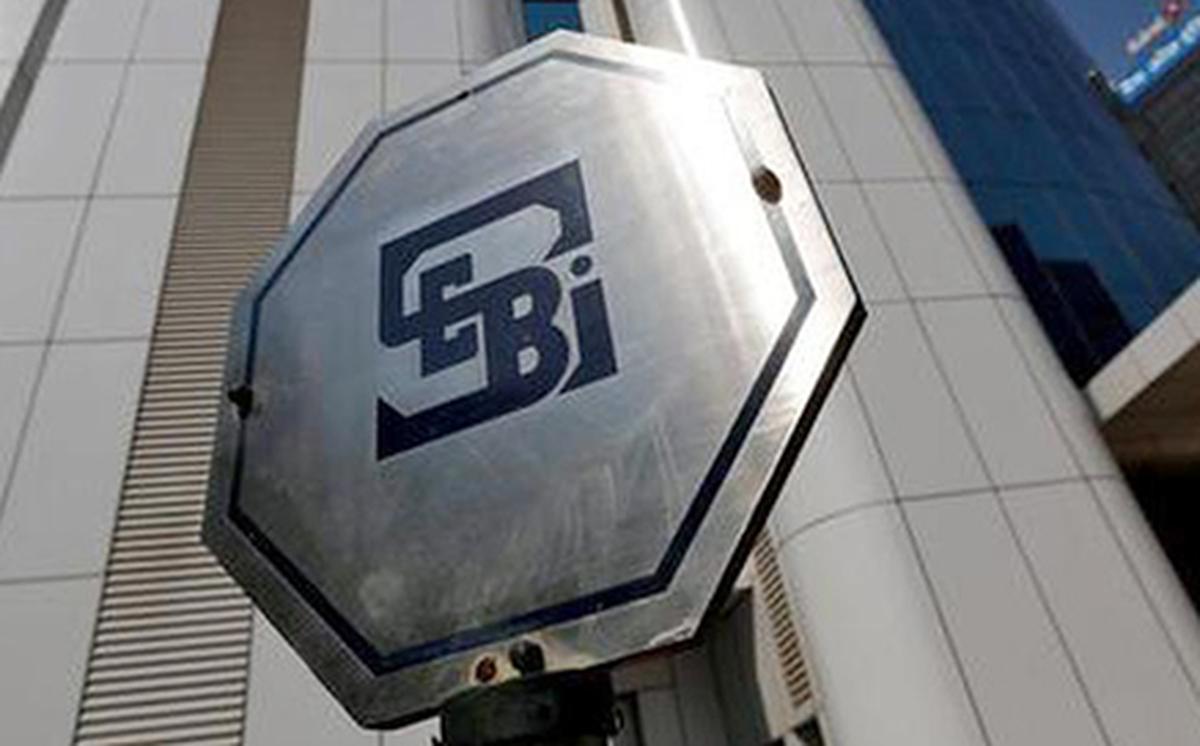NSE withdraws Adani firms from additional surveillance framework: A good sign for Indian equities or a cover for Adani securities!!

Adani Ports and the Special Economic Zone, and Ambuja Cements have been taken from the additional surveillance framework of NSE.
To reduce excessive volatility, the NSE put three Adani group stocks—Adani Enterprises, Adani Ports, and Ambuja Cements in additional surveillance measures (ASM).
The SEBI and NSE attempt to improve market integrity and protect investor interests forms the structure of additional surveillance. Even for intraday trading, the short-term ASM framework says that investors pay a 100% upfront margin. Under this approach of NSE, one of the requirements for moving stock is if it experiences a 25% fall or upside against the Nifty 50 for five trading days.
Why the regulator has to intervene?
Following repeated charges of corporate mismanagement and stock price manipulation made by US-based short seller Hindenburg Research, Dalal Street bears destroyed Adani Group shares. Most group stocks’ share values have more than halved since January. More than $100 billion in investment value has been washed off. Hindenburg’s assessment sparked a series of events. The sell-off was exacerbated after foreign banks Citigroup and Credit Suisse ceased accepting the bonds of Adani firms as collateral for margin loans, thus there was no relief for equities. As per rumors, to refute Hindenburg‘s disclosures, the Adabi group, has retained the activism defense law firm Wachtell, Lipton, Rosen & Katz.
Despite being completely subscribed, Gautam Adani canceled the Rs 20,000 crore FPO due to the steep decline in the stock price. Small retail investors were mostly absent from the FPO, and so many domestic institutional investors like mutual funds and banks. The issuance was mostly supported by subscriptions from HNIs and overseas institutional investors.

In midst of escalating worry over the accusations against Adani Group by Hindenburg, market regulator SEBI is reportedly looking into their links to some of the investors in the FPO. Any possible violations of Indian securities rules or conflicts of interest in the share sale process are being investigated by the market regulator.
SEBI’s calculations.
The regulator SEBI had stated during the past week that anomalous price movement in the securities of a business conglomerate has been seen without exposing the bloodbath in Adani stocks worth Rs 9.1 lakh crore. According to SEBI, when any particulars on a specific firm come to the regulator’s attention, it is checked with current policies, and after enough assessment, the proper action is taken. After Finance Minister mentioned that the regulators are independent and will take their steps with concerns about the Adani group, SEBI made the statement.
Four Adani entities, including Adani Green Energy, have had their outlooks downgraded by the international rating agency Moody’s Investors Service to “negative” from “stable.” Major Adani corporations are heavily leveraged, and the RBI has reportedly asked banks for information on their exposure to those companies.

The institutional investment in Adani stocks.
LIC, the insurance behemoth, has explained that its exposure to Adani Group entities amounts to less than 1% of its AUM (assets under administration). According to the life insurance, the equity and debt investment in the Adani Group of enterprises was INR35,917 crore at the end of December. As part of the anchor investment tranche, LIC bought Adani Enterprises shares for INR300 crore.
Adani Group is a debtor to Indian banking as well. According to a recent CLSA analysis, PSU banks have had exposure to the Adani Group, accounting for around 26% of the total USD25 billion debt (INR2.1 trillion). According to the brokerage, this exposure amounts to 0.7% of FY24 loans and 6% of FY24 net value. These entities will only be impacted if Adani firm is unable to pay the interest expense.
Indian mutual funds have mostly avoided the Adani Group. Indian individual investors in NSE have used mutual funds to invest in markets through index funds that have exposure to the group. Eight listed Adani businesses are part of several indexes (mostly the Nifty 50 and Nifty Next 50), although the two Nifty stocks of Adani have a weightage of about 2%. However, Adani Transmission, Adani Green Energy, and Adani Gas have a combined weightage of 9% in the Nifty Next 50, with ACC and Ambuja Cements accounting for little more than 12%.
SEBI’s efforts to convince investors in support of Indian equities.
Regarding the question of market stability, it was said that the market, represented by the Sensex and Nifty has always displayed stability and continued to operate in a transparent, equitable, and effective way. Investors in NSE have considered Indian markets favorably over the long run as well. The Indian market stands as a positive outlier in a cross-country comparison of dollar-adjusted market returns with both peer and developed countries in the last 3 years to date, SEBI mentioned.
Is the market convinced by the claims in favor of Adani?
The market sounds unsatisfied although the country’s biggest banking system, State Bank of India, has clarified its exposure and the debt commitments of the group and that India’s biggest insurer, Life Insurance Corporation of India, has guaranteed the profitability of its investments in the group companies. Despite assuring investors of its financial situation and its capacity to pay off all the current debt, the Adani group is nevertheless staggering under pressure.
How the new year became the 180-degree turn for the Adani group?
Gautam Adani was recently in the media about Chat-GPT. For someone who is known to shun media scrutiny, his decision to go public ahead of the FPO was an uncommon affair. As the FPO deadline approached, the responsibility of marketing the problem was given to Adani group’s chief finance officer, Jugeshinder Singh, an Australian citizen. Everything was going swimmingly until an anonymous short seller named Hindenburg issued a report that not only deflated the excitement around the FPO but also resulted in trillions of rupees in capital erosion across the public Adani Group entities.

The final words.
The black swan incidents occur in NSEs. However, they are rare, and entities that go through these events typically need a long time to recover. However, it is these occurrences that have provided the most chances for traders, both institutional and retail.
Adani Enterprises was a volatile momentum stock that most investors ignored for a long time. Even they were unaware of the potential presented by the event. However, Adani Enterprises has not experienced a drastic drop in the cash market. In a strict sense, the stock is holding up. However, the current concern is equal to a big drop since the stock fell below its FPO. This is meaningful for a firm that portrays itself to be India’s proxy. But who would have predicted that Adani stocks would be so volatile only a week ago? Let’s watch how this Adani saga unfolds!




